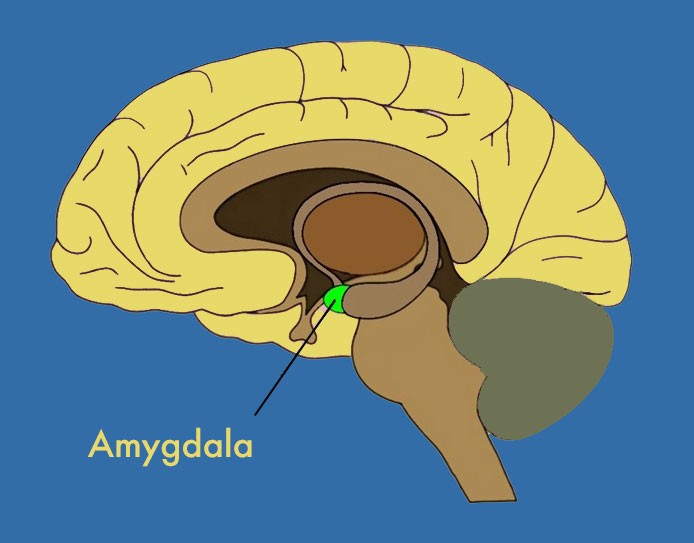They both have a phobia element in them.

Phobia is an irrational fear. The object of the phobia doesn’t pose any actual danger, yet our brain sees it differently and freaks out.
🔸A person with sociophobia is afraid of social interactions. They start developing anxiety just from the single thought of social gathering or public speaking. Their hearts start racing and they stop thinking clearly.
🔹A person with on-going insomnia is afraid of not sleeping. They get anxious from the notion of bed, or anything else that is connected with sleep. The fact that you didn’t sleep didn’t bring an actual threat to your existence, yet the thought of not sleeping is dreadful.
🔸A person with sociophobia shows anxious behaviour —usually, avoidance. They avoid going to parties, decline interesting opportunities — trying to prevent anything that can evoke fear. Their phobia dictates how they should live.
🔹A person with insomnia does basically the same. They avoid coffee, change plans, don’t stay up late even if they want to. They trade joy for the possibility of not feeling fear.
The main difference I see here is that the one with the sociophobia faces their perceived threat occasionally, the person with the fear of not sleeping HAS to face it every single day. No way to avoid that. That is a daily struggle.
So why do we successfully treat different phobias and yet traditional tools can’t cure insomnia, given that they have the same base? I don’t really know.
But I do know that once I started approaching my sleep issues like any other phobia, things started getting better and better. I was working with fear and the fear was disappearing.
I wrote earlier on fear conditioning, but here is the main insight:
Don’t avoid things that scare you. Practicing unanxious behavior is the key, this way you show your brain that you aren’t scared and eventually it stops getting triggered. If you avoid drinking coffee to sleep better, but you really want it, just drink it. Prove your brain that you are fine even if you drink that cup.